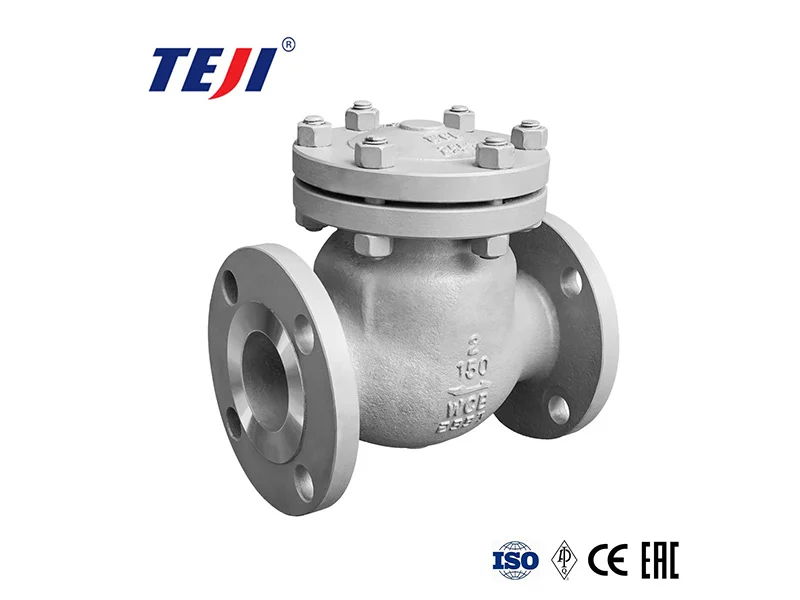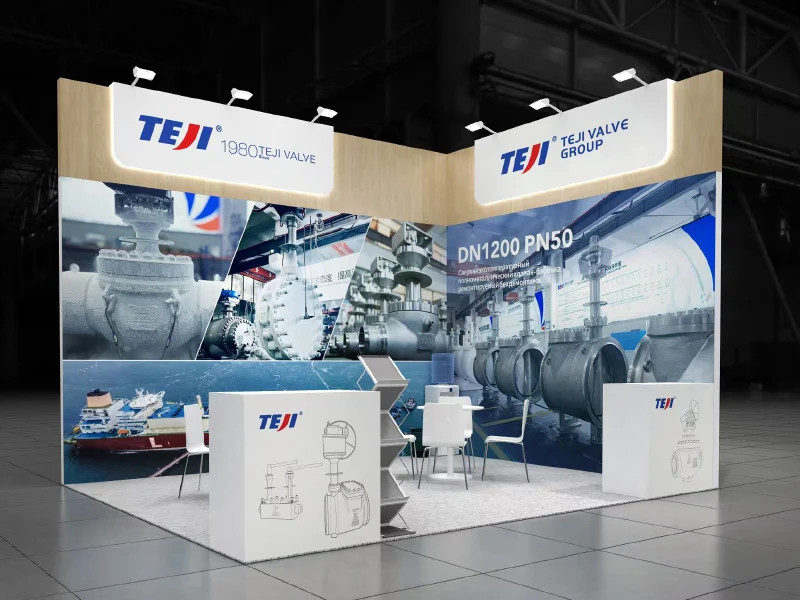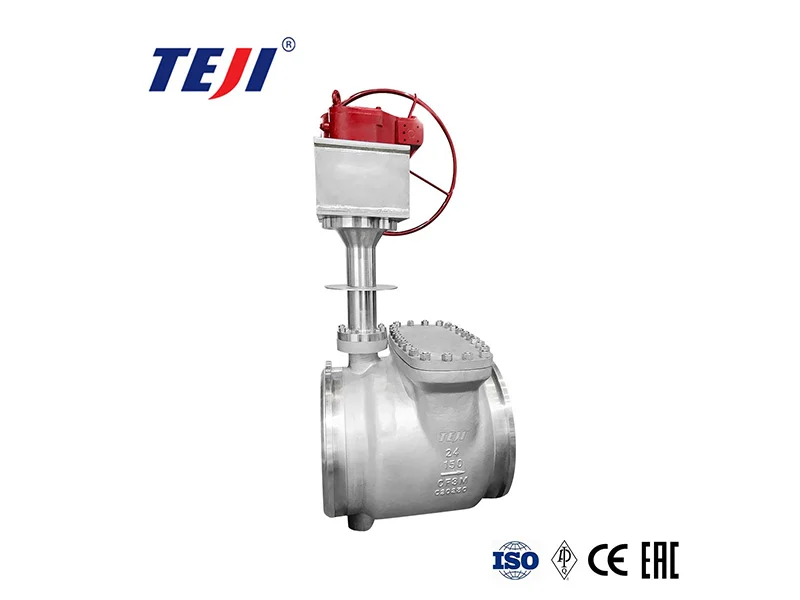In the vibrant land of Lhokseumawe, Indonesia, a major project crucial to regional economic development—the EPC Arun LNG Hub Expansion Facility Project—is progressing steadily. Teji, with its superior ultra-low temperature valve technology and solutions, is providing strong momentum for this world-class project.
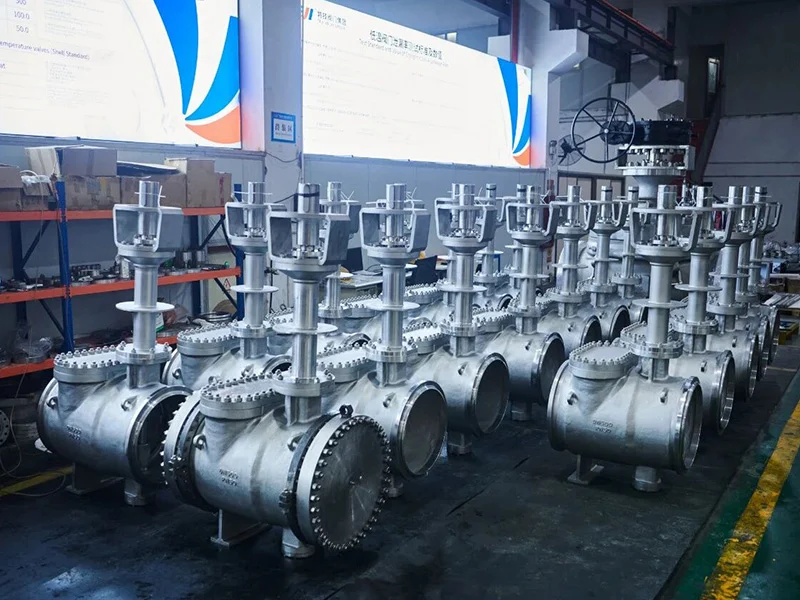
The EPC ARUN LNG HUB EXPANSION FACILITY PROJECT, located in Lhokseumawe, Aceh Province (ACEH), Indonesia, aims to expand the liquefied natural gas (LNG) hub facility to meet growing energy demand. This project not only presents extremely high technical requirements but also challenges in extreme environments, particularly in ensuring valve performance and reliability under ultra-low temperature conditions. Leveraging its extensive industry experience and innovative capabilities, Teji successfully undertook the supply of key valves for this project, including cryogenic butterfly valves, cryogenic globe valves, and cryogenic gate valves.
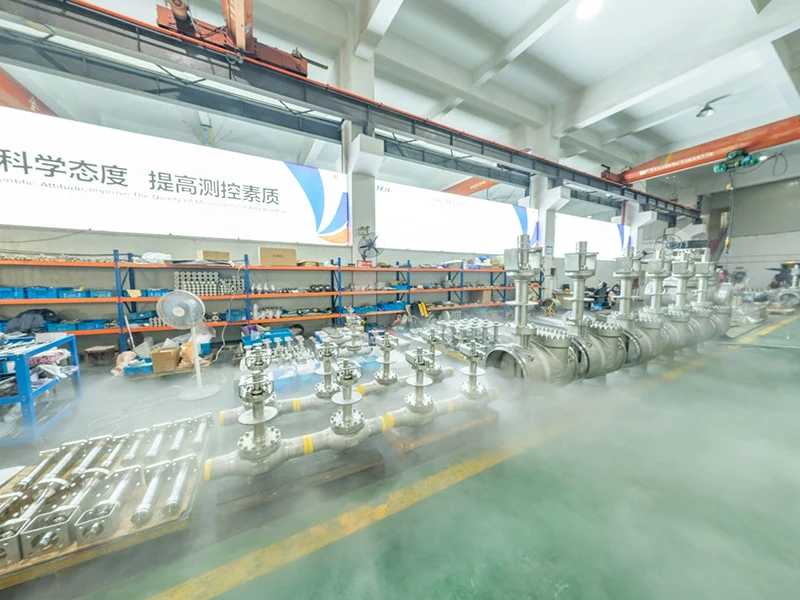
To withstand the harsh demands of ultra-low temperature environments, Teji has meticulously developed a series of ultra-low temperature valve products. These valves not only utilize advanced materials and manufacturing processes to ensure superior sealing performance and operational flexibility even at extremely low temperatures, but have also undergone rigorous simulation testing and field validation to ensure stable operation within the LNG pipeline system. The rapid response of the ultra-low-temperature butterfly valves, as well as the reliable shutoff capabilities of the ultra-low-temperature globe and gate valves, perfectly meet project requirements and provide a solid foundation for the safe and efficient operation of the LNG pipeline.
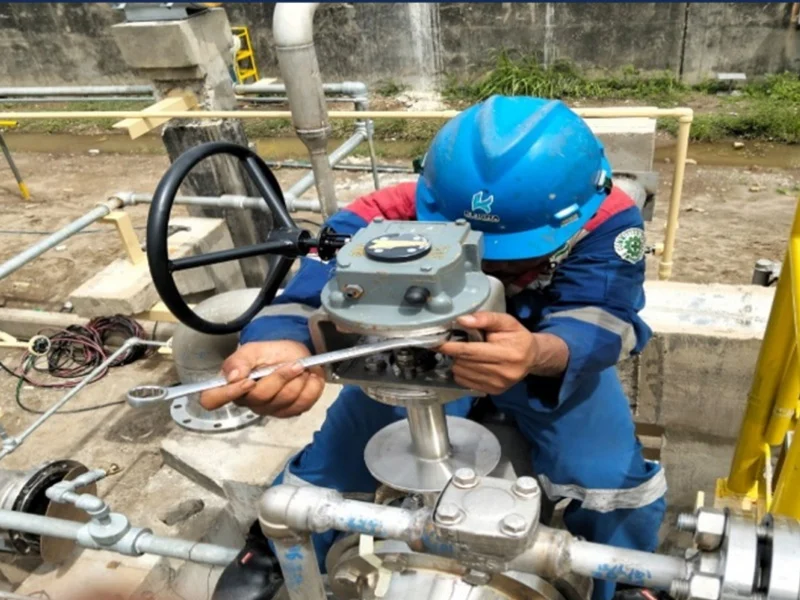
After intensive installation and commissioning, the ultra-low-temperature valves provided by Teji officially entered service on the LNG pipeline in January 2025. Customer feedback indicates that these valves perform exceptionally well in extremely low-temperature conditions, ensuring smooth and unobstructed pipeline operation, significantly improving energy transmission efficiency while effectively reducing maintenance costs and risks. This successful case not only demonstrates Teji’s leading position in the ultra-low-temperature valve field but also earns us widespread acclaim and trust in the international market.
After intensive installation and commissioning, the ultra-low-temperature valves provided by Teji officially entered service on the LNG pipeline in January 2025. Customer feedback indicates that these valves perform exceptionally well in extremely low-temperature conditions, ensuring smooth and unobstructed pipeline operation, significantly improving energy transmission efficiency while effectively reducing maintenance costs and risks. This successful case not only demonstrates Teji’s leading position in the field of cryogenic valves, but also wins us wide acclaim and trust in the international market.

